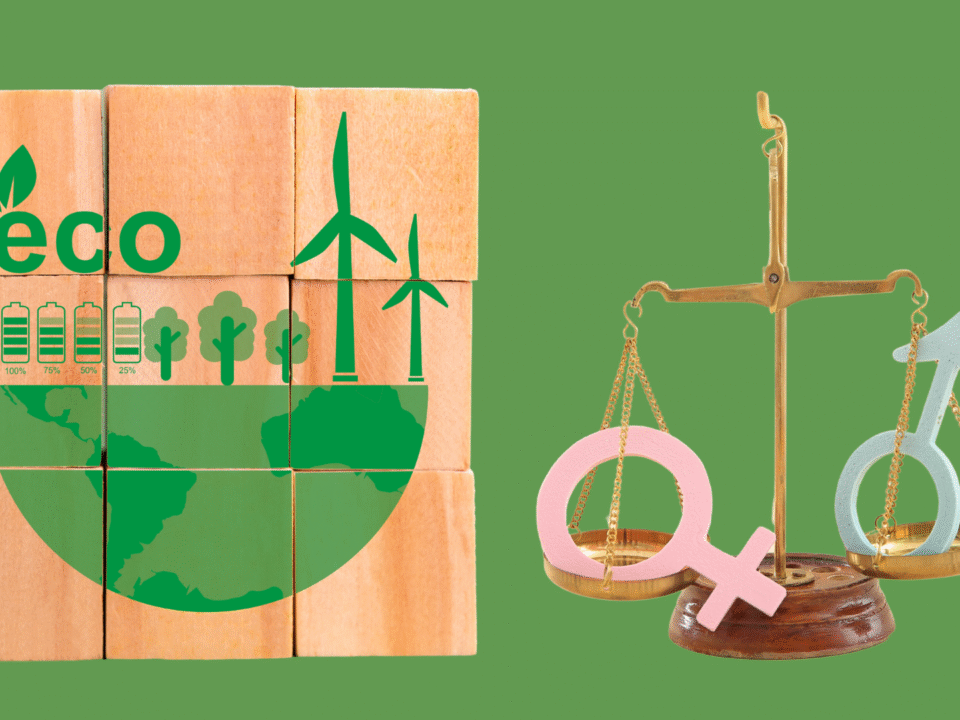
Question and Answer; The Dilemmas Faced by Women When Entering Public Roles
December 24, 2023
Women in the World of Journalism
December 24, 2023Photo by Philipp Birmes from Pexels
Shinta W. Kamdani as a Member of the Advisory Board of IBCWE (Indonesia Business Coalition for Women Empowerment), said that the importance of gender equality in the world of work is one of the steps to reduce the gap in gender inequality in Indonesia.
“One of the ways to achieve this is by making several indicators of gender equality in the world of work as part of a standard sustainability report,” explained Shinta.
She further explained that in the past 12 years, Indonesia has succeeded in narrowing the gender gap by approximately eight percent, especially in the fields of education and health.
“However, the still large gap is in economic participation and opportunity as well as political empowerment, and is still the main factor that hinders Indonesia’s progress in achieving gender equality,” she added.
Indonesian Finance Minister, Sri Mulyani Indrawati, also acknowledged that the struggle for gender equality in Indonesia is a long struggle.
A study shows that women are hindered by many things, from family to cultural norms. In fact, studies show that if the economy provides equal opportunities to women and men, then economy will get benefit from higher productivity and better quality.
“If the country gives equal opportunities to women in participating in the economy, the country’s productivity will increase in value, even reaching Rp 28 trillion or 26 percent of world GDP,” said Sri Mulyani in the Towards a 50:50 Planet Business Contribution on the achievement of SDG 5 webinar held by the Indonesia Business Coalition for Women Empowerment (IBCWE) with the Global Reporting Initiative (GRI), Indonesia Stock Exchange (IDX) and Katadata.id
This webinar was also attended by Mr. Allaster Cox as Chargé d’Affaires at the Australian embassy; Inamo Djajadi as President Director of the Indonesia Stock Exchange; Nizma Fadilla as Monitoring, Evaluation, Learning IBCWE; Libby Lyon as Director of Workplace Gender Equality Agency Australia; and Lany Harijanti as Country Program Manager of GRI.
Also present Harry Seldadyo Gunardi as researcher and lecturer at SDGs Analytic, Faculty of Economics and Business, Atmajaya University Jakarta; Amalia Adininggar as Head of the National Secretariat of SDG BAPPENAS; Risa Effennita as Director of Finance and Human Resources at the Indonesia Stock Exchange; Andrie Darusman as Head of Power and Corporate Communication of PT BTPN; and Melanie Masriel as Director of Public Relations and Sustainable Communication for L’Oréal Indonesia.
A playback of the webinar can be watched on the following IBCWE Youtube channel; Towards 50:50 Planet – Business Contribution in the Achievement of SDG 5.
On this webinar, there were several questions that were not answered during the event due to time constraints. Here we summarize some of these questions along with the responses:
To IDX
Q: Bloomberg has a GEI (Gender Equality Index) which is said to improve the company’s reputation in the eyes of investors regarding ESG issue – is IDX also interested in initiating something similar?
A: So far, we have no plans to initiate a Gender Equality Index. We recently launched the IDX ESG Leaders Index on 14 Dec 2020, which covers a much wider range of sustainability aspects, such as Corporate Governance, Business Ethics, Product Governance, Human Capital, Data Privacy & Security, Carbon-Own Operations.
Q: By this far, have the implemented policies in IDX been effective in supporting gender equality? How do employees respond in supporting this policy?
A: We have only measured the effectiveness of policies related to employees through the Employee Engagement Survey (EES). Our last EES resulted in an engagement score of 91 (out of a maximum of 100) and no employee advisory / concerns regarding gender equality. As for measuring gender equality specifically, until now we haven’t done it.
Q: Have sexual harassment been reported in a stock exchange environment? And what is the policy regarding sexual harassment? How are the victims and perpetrators be treated?
A: Until now, we have never received reports of sexual harassment incidents from employees. We regulate the prohibition of sexual harassment in the Code of Ethics / Employee Code of Conduct and Collective Labor Agreement. Perpetrators of sexual harassment will be subject to corporate sanctions starting from Reprimand Letter to Warning Letter I, II, III, depending on the case. For victims, we provide an Employee Assistance Program, including consultation with experts (Psychologists/Doctors/other Experts)
To L’Oréal
Q: Given that L’Oréal Indonesia is part of a global L’Oréal, perhaps many policies, especially regarding gender equality in the workplace, are global direction. How do L’Oréal Indonesia align these policies with the local context?
A: Of course, the global company’s principles must be applied in all countries where L’Oréal operates. However, each country must be adapting the principles with the culture and norms of local wisdom. In terms of Gender Workplace Equality, we do not see any inconsistencies with local cultural values so that the implementation in L’Oréal Indonesia is carried out as a whole.
A special question for Libby Lyon, Director of Workplace Gender Equality Agency Australia, from Yono Reksoprodjo, Vice President Communications & Corporate Affairs Sintesa Group as the moderator for this webinar.
Q: We understand that workplace gender equality is good for business. From the perspective of investment in companies, is there a business case for WGE reporting? Have the companies that have experienced WGE progress seen an increase in investment?
A: There is a strong and well-established business case for workplace gender equality. A growing body of research over the last two decades shows that gender equality and diversity is good for organisations.
There is now strong evidence that gender-diverse teams at all levels of an organisation can generate better decision-making, as different views and experiences are taken into account. The research also shows that gender equality and diversity helps to foster innovation and creativity, boosts employee engagement and can improve an organisation’s bottom line.
Achieving workplace gender equality is not just ‘the right thing to do’. It is good for business.
The 2020 Gender Equity Insights Report released earlier this year by the Workplace Gender Equality Agency in collaboration with Bankwest Curtin Economics Centre (BCEC) proved beyond all doubt that the business case for gender equality is clear and compelling.
The remarkable findings of this research provide the hard numbers and evidence to support the well-established business case. It shows that more gender-balanced leadership in an organisation delivers better company performance, greater productivity and greater profitability.
In fact, the report goes further by cementing the economic case for having more women in leadership. It measures the impact of gender-balanced leadership in an organisation and calculates the additional worth generated for a company by increasing female representation in key decision-making roles.
Appointing a female CEO, increasing the share of female key management personnel and increasing female representation on its board all led to increases in the market value of Australian ASX-listed companies. A company is also more likely to outperform its sector on three or more key profitability and performance metrics by taking the same actions.
By anyone’s standard, these compelling findings make good business sense.
This report proves that gender equality is a commercial imperative. If companies are not making gender equality the top priority in their business, then they are neglecting their fiduciary duty to their shareholders and owners.
Here is the link to BCEC Gender Equity Insights Report which Libby references above.





